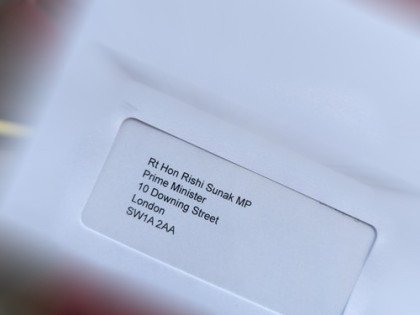Initially the plan was to cap the legal age required for purchasing tobacco products and then raise it annually to the point where nobody would be able to buy a tobacco product. The approach met with staunch opposition from a vocal cohort of Tory MPs including those who believed in the free market and ones receiving gifts and favours from the tobacco industry.
An Action on Smoking and Health spokesperson commented: “Any government worth its salt wouldn’t drop the Smokefree 2030 target. This is a failure of imagination and loss of nerve by a government clearly on its last legs.”
Cross party All-Party Parliamentary Group on Smoking and Health chair Bob Blackman MP said: “Watering down our tobacco strategy would be hugely counterproductive when the Government is trying to reduce NHS waiting lists.”
Last year, the Khan Review stated: “In 2019, the government set an objective for England to be smokefree by 2030, meaning only 5% of the population would smoke by then. Without achieving this objective, the government will simply not meet its manifesto commitment “to extend healthy life expectancy by five years by 2035”. It will also prevent the government from fulfilling its ambition to save more lives as part of a new 10-Year Cancer Plan.”
At the same time, Michelle Mitchell, chief executive of Cancer Research UK, has questioned whether the government remembers it was meant to be waging a war on cancer.
Just under a year and many Health secretaries ago, Sajid Javid declared his war to boost research and combat inequalities.
Mitchell says that to date “there has been no strategy, no plan and no funding.”
She believes that the focus of the Khan Review, welcomed at the time by the government, aimed at “making smoking obsolete”, something desperately needed to improve the nation’s health as smoking leads to 75,000 annual deaths in England alone and places a £2.4 billion burden on the NHS.
Upon the release of the Khan Review, UKVIA stated: “Mr Khan unambiguously states that one of the critical ways the Government can get its ambitions for a smoke free society back on track is through greater promotion of vaping and the UKVIA, which represents vaping organisations including retailers, manufacturers and distributors, will do everything we can to support this.”
The implication now is that the government will fail to act to promote vaping in real terms too – something Khan stated is one of four “critical” policy pillars.
Dave Cross
Journalist at POTVDave is a freelance writer; with articles on music, motorbikes, football, pop-science, vaping and tobacco harm reduction in Sounds, Melody Maker, UBG, AWoL, Bike, When Saturday Comes, Vape News Magazine, and syndicated across the Johnston Press group. He was published in an anthology of “Greatest Football Writing”, but still believes this was a mistake. Dave contributes sketches to comedy shows and used to co-host a radio sketch show. He’s worked with numerous start-ups to develop content for their websites.
Join the discussion
Industry Licensing Scheme Proposed
A vape industry licensing scheme will generate £50m+ per year to combat underage and illicit vape sales according to industry experts
Be Vape Vigilant Success
The ‘Be Vape Vigilant’ national initiative has exposed more than 100 potential rogue vape traders says the UK Vaping Industry Association
UKVIA Writes To Sunak
The UKVIA has sent a letter to Prime Minister Rishi Sunak to 'express profound dismay and disappointment' that the government has decided to proceed with a ban on disposable vapes
UKVIA’s Response to the Ban
John Dunne, Director General of the UK Vaping Industry Association (UKVIA) has issued a statement covering its take on the vape ban and other measures






-listing400.jpg)




